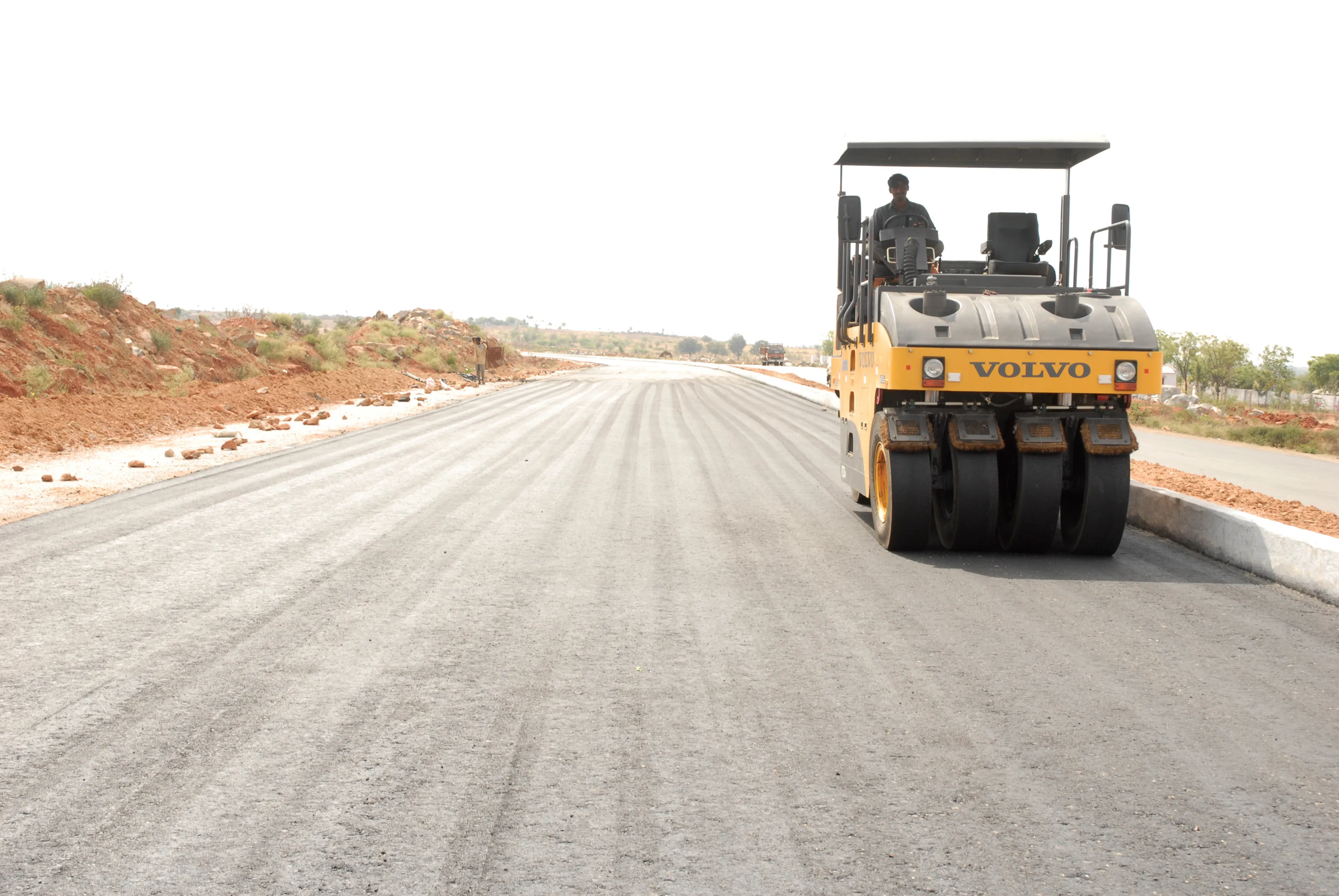An analytical road video surveillance system will be introduced in Moscow by the end of 2014 in a bid to reduce accidents and improve emergency services’ response to them. The system will automatically detect road accidents, traffic jams, and dangerous situations on the roads, as well as report on emergency situations to operators, who will make decisions on further actions. It will also analyse data from some 2,500 surveillance cameras and some 15,000 city cameras with a recording function.
June 19, 2014
Read time: 1 min
An analytical road video surveillance system will be introduced in Moscow by the end of 2014 in a bid to reduce accidents and improve emergency services’ response to them. The system will automatically detect road accidents, traffic jams, and dangerous situations on the roads, as well as report on emergency situations to operators, who will make decisions on further actions. It will also analyse data from some 2,500 surveillance cameras and some 15,000 city cameras with a recording function.
Meanwhile, Rostelecom has completed improvements to the Safe City system in Nizhny Tagil (Urals). Comprising over 70 cameras, the system uses video surveillance to detect road traffic violations. The operator was chosen as the service supplier under the Safe City program by tender in August 2013.
Meanwhile, Rostelecom has completed improvements to the Safe City system in Nizhny Tagil (Urals). Comprising over 70 cameras, the system uses video surveillance to detect road traffic violations. The operator was chosen as the service supplier under the Safe City program by tender in August 2013.







